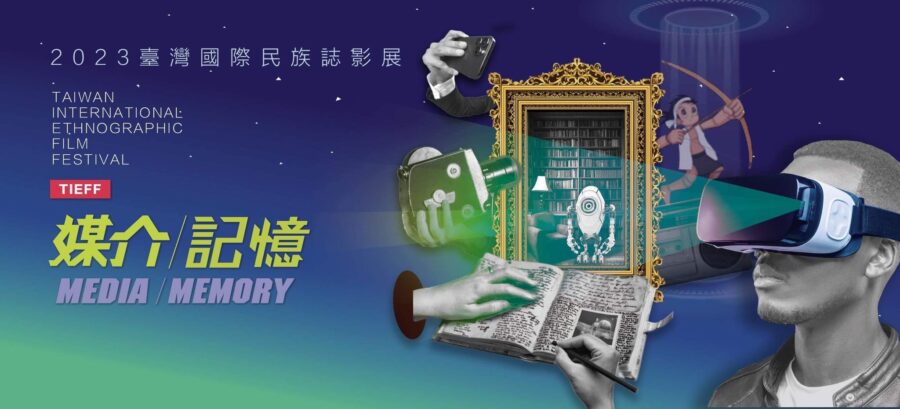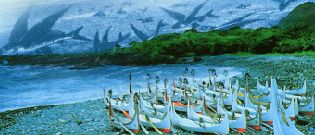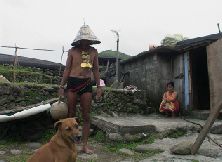And Deliver Us From Evil
According to the Yami (Tao) people of Orchid Island, evil spirits possess the sick. Because of this belief, the sick are seen as inauspicious, and are avoided. Many sick people become isolated and do not receive any form of medical care. This situation is particularly acute with people suffering chronic illness or among the elderly.
The director of “And Deliver Us from Evil,” Chang Shu-lan, is a native of Orchid Island, were she works as a nurse. In 1997, she initiated a program for house bound elderly people. She recruited volunteers to bathe, feed, and provide basic medical care for them. Because of the stigma attached to working with the sick, Chang decided to work through the local church, to some extent bypassing local tradition. In the three years that the program has been operating, Chang has recruited some 40 volunteers, who provide a regular service of visits to the elderly. The conflict between traditional beliefs and the need to care for isolated old people sometimes flares up, as in the case of one volunteer who works for the program against her husband’s wishes. Volunteers must deal with considerable social pressure while doing their difficult work.
After taking a course in filmmaking, this is Chang’s first documentary. With her own involvement in the volunteer work and her understanding of the issues and people, the work powerfully faces the dilemma in which traditional values are brought up against compassion.


